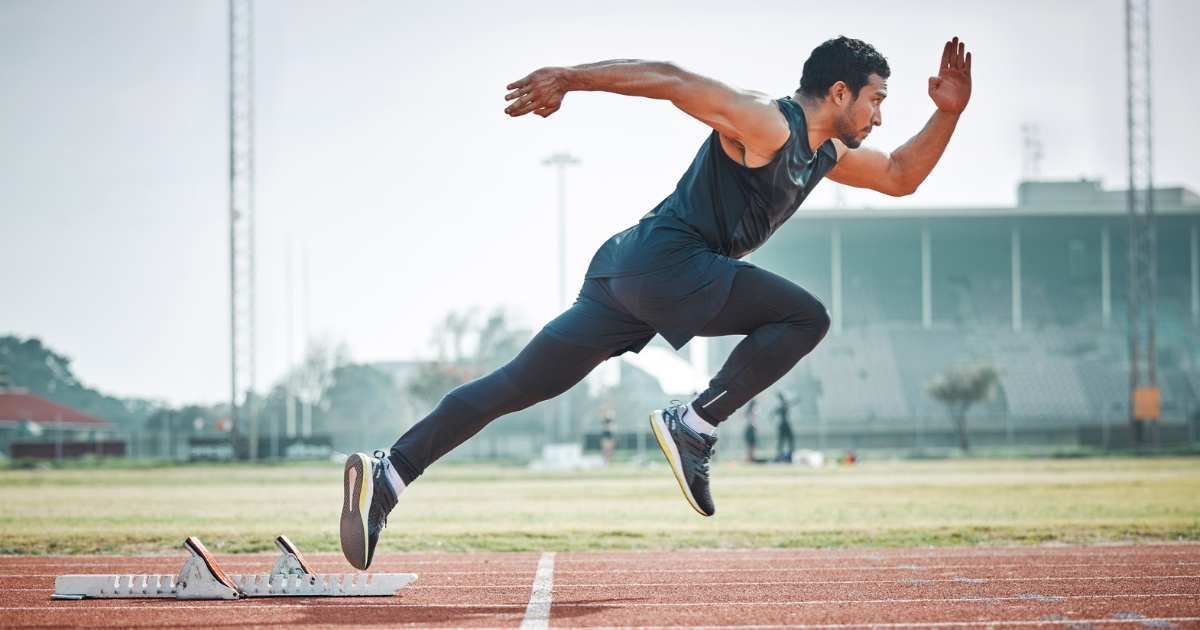New Study Reveals Neanderthal Gene May Hinder Athletes

The Neanderthal Gene and Athletic Performance
A recent study has uncovered a fascinating genetic link between modern humans and Neanderthals, revealing that some individuals may carry a genetic variant that could affect their athletic performance. This discovery has sparked interest among scientists and athletes alike, as it suggests that the legacy of our ancient relatives might still influence us today.
The research, conducted by a team from the Max Planck Institute for Evolutionary Anthropology, the Okinawa Institute of Science and Technology, and Sweden’s Karolinska Institute, focused on a specific gene called AMPD1. This gene is responsible for producing an enzyme that plays a crucial role in energy production within skeletal muscle cells. The study found that a particular variant of this gene, which was present in Neanderthals, can significantly impact how efficiently the body generates energy during physical activity.
Understanding the Genetic Variant
The AMPD1 gene variant is unique to Neanderthals and was introduced into the human gene pool approximately 50,000 years ago through interbreeding between Neanderthals and early modern humans. This genetic trait was found to reduce the activity of the AMPD1 enzyme by up to 25% in humans, and when tested in genetically engineered mice, the reduction was as high as 80%. Despite this significant drop in enzyme activity, most individuals carrying the variant do not experience major health issues. However, the study highlights that this genetic trait can have a measurable impact on athletic performance.
According to Dominik Macak, the lead author of the study, "the enzyme appears to play an important role in athletic performance." Data from over a thousand elite athletes across various sports showed that those with a non-functional AMPD1 gene were less likely to reach top-level athletic status. This suggests that the presence of the Neanderthal variant could be a limiting factor for some individuals in competitive sports.
Distribution of the Genetic Variant
The study also examined the prevalence of this genetic variant across different populations. It was found in up to 8% of Europeans, 3% of Native Americans, and 2% of South Asians, while it was absent in Africans, East Asians, and African-Americans. Scientists recreated the Neanderthal version of the AMPD1 enzyme in the lab and found that even a single copy of the variant reduced the probability of achieving high levels of athletic performance.
The mechanism behind this effect involves the breakdown of adenosine triphosphate (ATP) molecules, which are essential for energy production in muscle cells. When ATP is broken down, it produces adenosine diphosphate (ADP) and adenosine monophosphate (AMP). The AMPD1 enzyme is responsible for removing the AMP byproduct, and the Neanderthal variant impairs this process, leading to a buildup of AMP in the muscles.
Impact on Daily Life and Survival
Despite its potential impact on athletic performance, the study emphasizes that this genetic variant is unlikely to have played a significant role in the survival or extinction of Neanderthals. The variant was found in both early and later Neanderthals, indicating that it was stable and did not cause major health issues. Moreover, the variant does not appear to have affected daily life in humans, as it only becomes problematic during extreme exercise.
In situations of intense physical activity, the buildup of AMP in the muscles can hinder the production of ATP, making it more difficult for the body to generate energy quickly. This could put individuals with the Neanderthal variant at a disadvantage in endurance sports and activities that require significant muscular power. However, for everyday tasks and less demanding activities, the impact of this genetic variant is minimal.
Overall, the study provides valuable insights into the complex relationship between genetics and athletic performance, highlighting the enduring influence of our ancient ancestors on modern human biology.
Post a Comment for "New Study Reveals Neanderthal Gene May Hinder Athletes"
Post a Comment